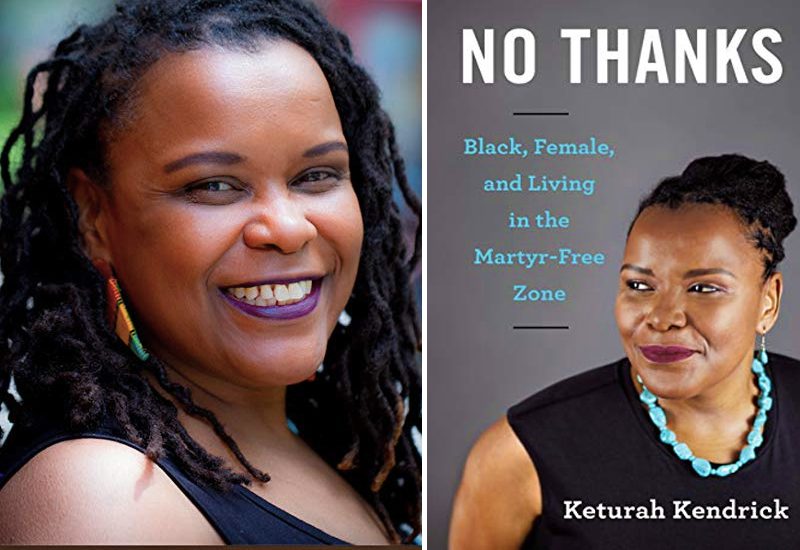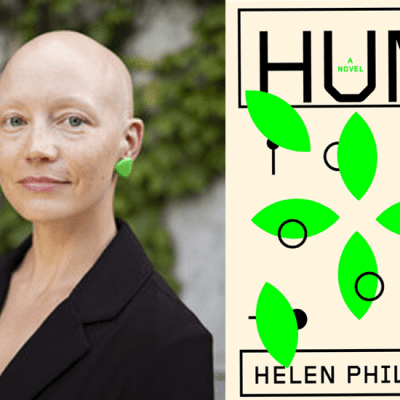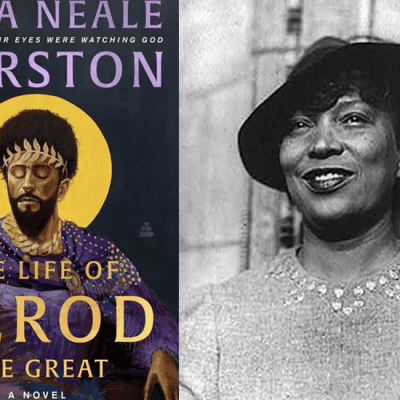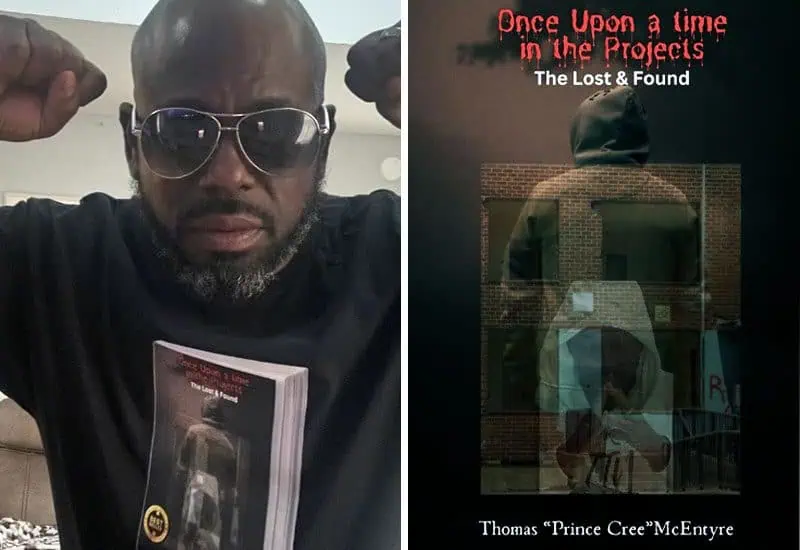I’ll always find it fascinating how what is meant for you can simply fall onto your lap. At the time, when I was asked to review Keturah Kendrick’s newly released memoir, No Thanks: Black, Female, and Living in the Martyr Free Zone, I was in the midst of being overwhelmed by various responsibilities, and had no idea when I’d have the time to truly sit down and digest this special book. Yet, that inner voice which consistently rings true calmly but firmly said to me: “Other obligations can wait. This is required reading.”
It didn’t take me long to discover one of the multiple reasons why. As I sat on the couch with a refreshing glass of Moscato in hand, my heart dropped as I began to read the preface–instantly realizing that this indeed was a book written for black women like me.
“Somewhere, I am certain, there is a young black woman curled up on a couch with a man she adores,” writes Kendrick. “This man has offered her his sperm and his last name. She wants to be as excited about this offer as he is. She wants to tell him she does want to marry him, but not right now. Maybe in a few years, when she feels ready. She has not said this to him because it does not feel like the truth.”
It is a situation that I find myself in now, at the edge of 26, as I have internally struggled with accepting the idea of marriage and, especially, motherhood. In the preface, Kendrick also states that this is a book for the black millennial who has left the church because she no longer wishes to pretend that she is a believer. Again, I have discovered my own spiritual truths outside of Christianity, which has resulted in becoming far more in tune with myself and the universe. And lastly, she writes for the free-spirited black woman who wishes to expand her horizons through travel and not settle for a career that is filled with limitations. By this point, I didn’t need any further proof that No Thanks was led to me by forces beyond my control.
Early on in the memoir, Kendrick speaks on the pressures that many black women face to find a “good black man with a well-paying job” to settle down with and have children. This is encouraged by the family, who oftentimes are rather close-minded when it comes to understanding the unrestrained black woman who chooses the path less traveled. This is a life without children, a life where a man is not of the utmost importance. It is a life where the black woman makes the decision to put herself first. According to Kendrick, her choice to be childfree has been met with much ignorance and judgment by peers, friends, and even strangers.
“Selfish” is a word that many use who are threatened by this unconventional lifestyle choice, and Kendrick reserves an entire chapter for The S Word. “Once I was assigned the descriptor of selfish, my only recourse was silence,” she says. “I had been accused of the most horrid crime any non-male person could commit: to think myself so important that I would make decisions that guaranteed the person I valued most-me- would remain my top priority.”
Of course, one cannot be selfish towards a child that does not exist. It is an entirely different story when one chooses to have children but continues to put themselves first, ahead of the child’s needs. Kendrick is not selfish for knowing that she did not want to be a mother; she is responsible and conscientious. If others had convinced her into childbearing, she may have become one of the mothers that she writes about: The women who secretly regret having children, deeply mourning their old selves and freedom. It’s beyond time to change the narrative that we as a society have regarding the childfree lifestyle, and the common misconceptions that come along with it. With No Thanks, Kendrick is providing a strong, unwavering voice to the black women who are childfree, and women like myself who are considering this path but have perhaps stayed silent due to harsh judgements and unsolicited advice from the outside world.
So, what exactly does living life on your own terms look like? It’s about being able to firmly say yes to the opportunities of growth that may come your way. “It starts as a whisper,” she writes. That faint voice that forces us to question if we are too comfortable in our routines, too settled in these lives we’ve made for ourselves. While many often choose to ignore this inner voice, despite how loud it may become, Kendrick allowed it to guide her, using it as a compass as she traveled alone to Rwanda, Shanghai, Bali, and more. She shares intriguing stories about people she’s crossed paths with throughout her foreign journeys, the lessons she’s learned, and what it means to travel solo as a black female. She does not romanticize her experiences, and is clear to note that living abroad is not for everyone, especially not those who are looking for an escape route. “I am thankful that I never expected this life abroad to save me from myself,” she says. “Living outside of American borders has given me more of myself, which has made me even better equipped for the continued work of self-salvation.”
As I read, because we share similar viewpoints, it was reminiscent of having an insightful conversation with a close friend. At times, I even found myself reacting in ways similar to how one does as they watch an engaging film or television show. “Yes, exactly! This is what I’ve been saying for years,” I’d say. Or, I’d chuckle along with Keturah as I read some of the many bizarre yet relatable comments that people have made about her chosen lifestyle.
It is an unmatched feeling to finally be understood and seen by another black woman who has been in my place and is now thriving. Being a woman in my late twenties that is only just beginning to figure life out, I feel as though I’ve been given a much-needed heads up about what to expect as I, too, journey through life on the unbeaten path. Thanks to Kendrick, I’ve stored multiple hilarious comebacks to the ignorant remarks that I will surely hear along the way.
Keturah Kendrick’s No Thanks is not reserved for the black women living in the martyr-free zone. It’s also for those who may not understand the free black woman, but wishes to. It is a book that will challenge anyone who has only ever seen the world as black and white, bringing much-needed color into their lives. Filled with relatable stories, wit, and thought provoking essays, Kendrick’s memoir is an eye-opening book for the conventional, and a comforting source of healing and empowerment for the offbeat black women who have been relentlessly judged or exiled due to speaking their own truth and following their soul’s deepest desires.
Treat yourself to a copy of No Thanks by visiting Amazon today. To stay connected with the fabulous adventures of Keturah Kendrick, listen to her Unchained/Unbothered podcast, and more, please visit her website at keturahkendrick.com.
As an independent magazine with a small team, we rely on the support of our readers to keep JARO’s content free and accessible to everyone. Please support our ability to continue delivering the best of the African Diaspora with a donation as little as $1. Thank you!








